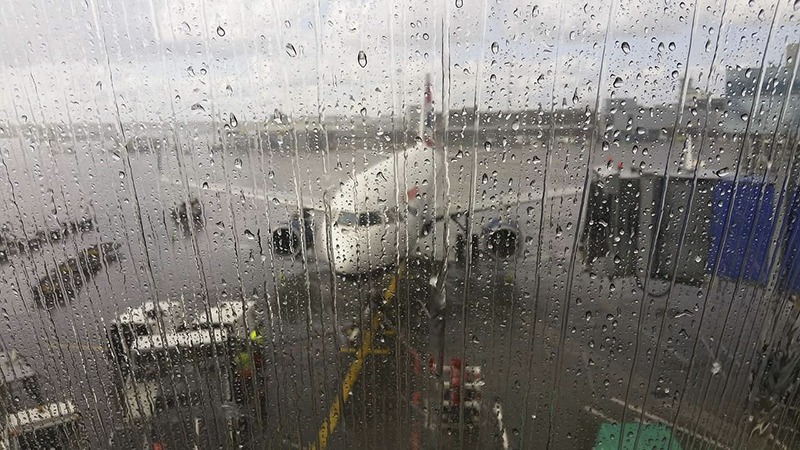
New regulations proposed by the Canadian Transportation Agency (CTA) on Friday 20DEC aim to give airline passengers significantly more reparations in the event of flight disruptions.
The rules put forth that airlines should provide meals and accommodations for passengers affected by delays of two hours or more, irrespective of the reason behind the disruption.
Currently, the rules stipulate that airlines only have to offer such support if the delay is within their control. Under the new framework, however, even weather-related events like a heavy snowstorm would necessitate airlines to take responsibility for disaccommodated passengers.
The CTA's proposed changes also include a reduction in the timeline for processing refunds from 30 days to just 15 days, ensuring that travellers receive their money back more promptly when flights are cancelled or significantly delayed.
Furthermore, airlines would no longer be permitted to charge extra fees to ensure that children are seated next to their parents—an issue that has sparked frustration among families.
These proposed rules come after a series of complaints from passengers regarding the handling of flight disruptions, highlighting ongoing dissatisfaction with the current regulations. The CTA, which has been inundated with complaints, aims to streamline the process and clarify the responsibilities of airlines.
The modifications would eliminate the previous three-tiered system of categorising disruptions based on their causes, making it simpler for passengers to understand their entitlement to compensation. Presently, if a flight is disrupted due to circumstances considered "outside the airline's control," passengers are often left without compensation.
However, exceptional situations such as bird strikes or security threats will still exempt airlines from liability.
The proposed changes do not alter the existing compensation amounts, ranging from $125 to $1,000 based on the delay's length and the airline's size.
The CTA estimates that implementing these new regulations would cost airlines approximately 99 cents per passenger, a manageable expense in the grand scheme of air travel.
A 75-day consultation period now underway.





